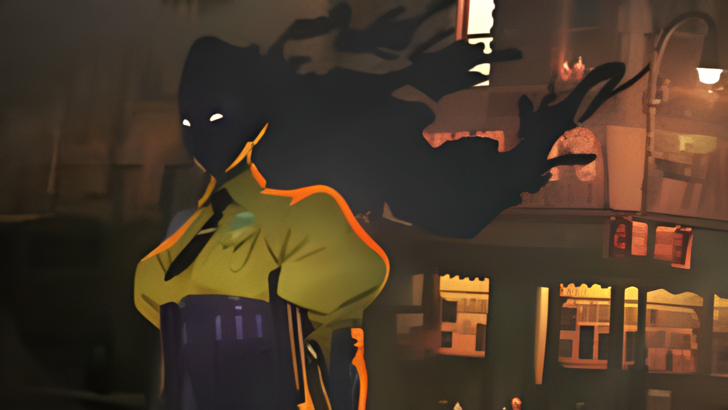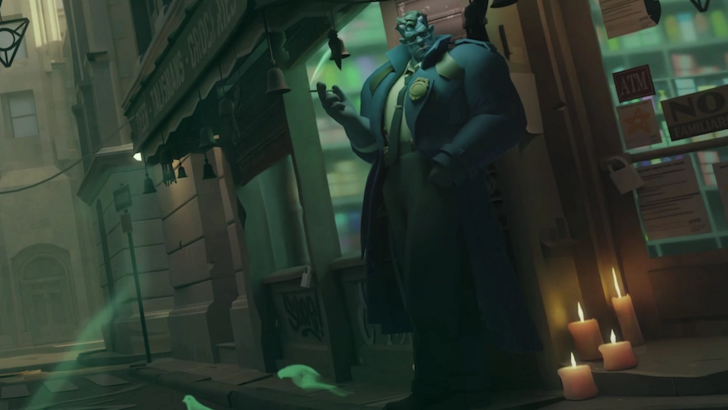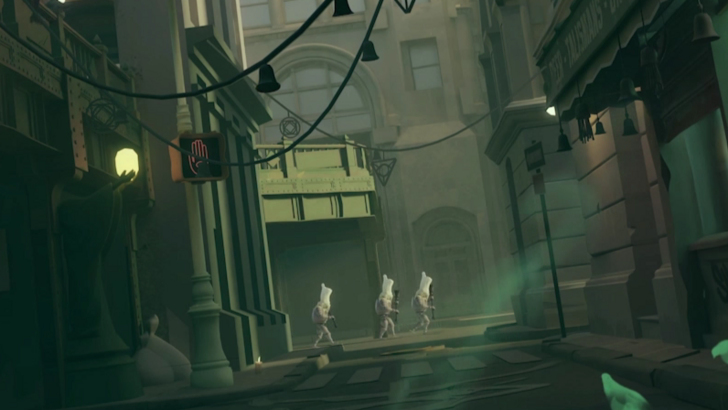
Valve Unveils Deadlock, Breaking Its Own SilenceValve Officially Announces Deadlock's Public Release

Previously kept under wraps, Deadlock was known only through leaks and conjecture. Valve had maintained tight secrecy until now, but the company has now eased its restrictions. Valve has officially lifted the restrictions on public discussion of Deadlock. This means that streaming, community forums, and conversations about the game are now permitted. Despite this increased transparency, Valve emphasizes that the game remains invite-only and is still in early development with placeholder art and experimental features.
Deadlock Poised To Be A MOBA Shooter

Matches in Deadlock are fast-paced and exciting, with players needing to balance leading their Soldiers and engaging in direct combat. The game’s innovative mechanics include frequent Soldier respawns, constant wave-based battles, and strategic use of potent abilities and upgrades. The gameplay stresses coordination and tactical depth, with a blend of melee and ranged combat, and movement options like sliding, dashing, and zip-lining to traverse the map.
The game also boasts 20 distinct heroes, each with unique abilities and playstyles. From classic archetypes to creative new characters, Deadlock offers a diverse roster that promotes experimentation and teamwork. Despite being in early development, the game's potential is clear, and Valve’s approach to inviting players for feedback and testing enhances its release strategy.
Valve’s Controversial Approach to Store Standards

This inconsistency has prompted criticism, with some arguing that Valve, as a Steamworks Partner, should follow the same rules as other developers. A similar debate occurred during a March 2024 sale of The Orange Box, a bundle that includes Half-Life 2, Half-Life 2: Episode 1, Half-Life 2: Episode Two, Team Fortress 2, and Portal, where Valve was criticized for adding promotional stickers to its store page, though this matter was later resolved. Valve’s departure from its own rules has been observed by 3DGlyptics, the publisher and developer of B.C. Piezophile, who asserts that Valve weakens the consistency and fairness of Steam’s platform policies.
Despite the dispute, Valve’s unique role as both a game developer and platform operator means that standard enforcement methods may not be applicable. As Deadlock proceeds through its development and testing stages, it remains to be seen how Valve will resolve these concerns, if at all.






